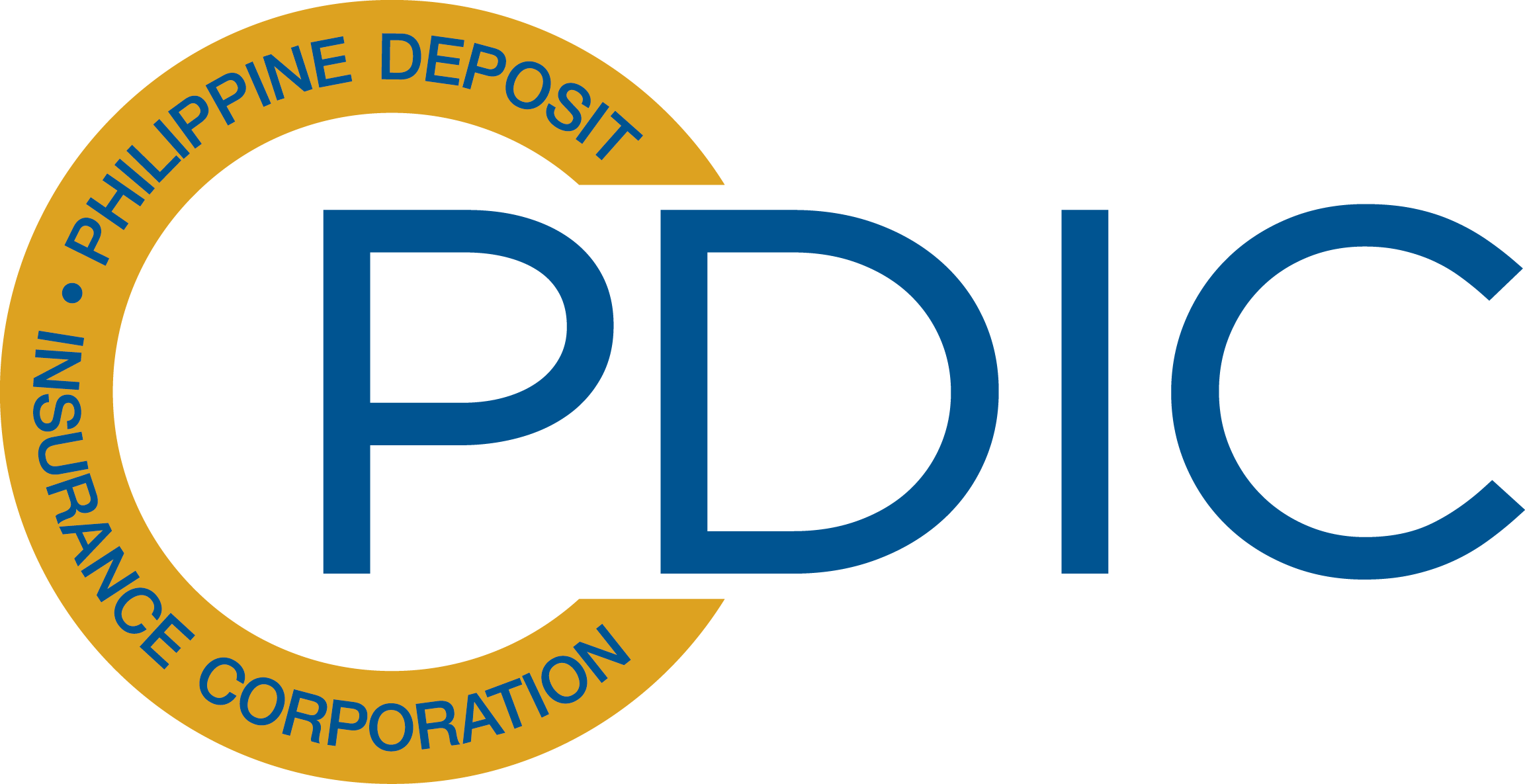| ARCHIVE |
New bailout system sought |
BANK REGULATORS are looking at reforming the country’s deposit insurance system to facilitate the orderly exit of troubled banks and contain the cost of bailing out failed financial institutions. The Philippine Deposit Insurance Corp. (PDIC) said it plans to subscribe to an international framework that recommends the creation of a bridge bank facility, allowing deposit insurers to veer away from costly traditional ways of rescuing failed banks. The global framework "Core Principles for Effective Deposit Insurance Systems," which outlines 21 effective deposit insurance practices, was hammered out by the Basel-based International Association of Deposit Insurers (IADI) in February at a time when the rippling effect of a US-led credit crisis started to spread in Asia. The US financial turmoil has worsened since, culminating in last week’s drama at Wall Street which saw the collapse of US investment bank Lehaman Brothers, where a number of Philippine banks have some exposure. PDIC President Jose C. Nograles, who took office in December last year, said the focus would be on adopting two of the framework’s core principles: the deposit insurer’s immunity from lawsuits and the establishment of a bridge bank. The IADI framework is voluntary with authorities given the freedom to include supplementary measures to fit the principles into their jurisdictions. “We will measure ourselves against these core principles of best global practices,” Mr. Nograles told Businessworld. The bridge bank concept overhauls the narrow so-called “paybox system” – a traditional deposit insurance model where the PDIC automatically acts as receiver and liquidator of a failed bank. Under the paybox model, the PDIC closes [sic] the bank, pays out depositors’ claims of up to P250,000 per depositor from its own fund, and liquidates the bank’s assets. Proceeds from the sale of the assets – a cumbersome process as the PDIC would have to comply with state audit rules – would be used to repay the deposit insurer, and the rest of the failed bank’s creditors. A bridge bank authority would allow the government to take over a failed bank by acquiring its assets and assuming the liabilities until a final resolution is reached. This should “help preserve critical banking functions,” without having depositors and creditors worried, according to the IADI paper. “If we close a bank on a Friday, [the following] Monday, it’s banking as usual,” Mr. Nograles pointed out, adding that valuation of assets would not be hurt under the proposal to reform the bailout package. “If it’s an ongoing concern, the PDIC doesn’t have to refund anything. It’s an orderly liquidation,” he said. The PDIC has tapped the Asian Development Bank (ADB) for technical assistance on its migration to the bridge bank system. Such authority would require an amendment of the deposit insurer’s charter by Congress. The International Monetary Fund (IMF), which projected bank losses from the US subprime mess to reach trillion, had earlier proposed bridge bank financing as one of the mechanisms in resolving bank crisis. “Central banks and regulatory agencies need to develop contingency plans more fully and expand the range of steps and measures that they will take when a crisis comes in,” Chee Sung Lee, director of the IMF Asia and the Pacific office, told Businessworld on the sidelines of an ADB-sponsored conference last week. (Businessworld, September 22, 2008) |
back |
This website uses information-gathering tools including cookies and other similar technology. Data generated are not shared with any other party. For more information, please refer to our privacy policy.
 PDIC is a government instrumentality created in 1963
PDIC is a government instrumentality created in 1963by virtue of Republic Act 3591, as amended, to insure
the deposits of all banks. PDIC exists to protect
depositors by providing deposit insurance coverage for the depositing public and help promote financial stability. PDIC is an attached agency of the Bangko Sentral ng Pilipinas.

Questions? Need Help?
Click Frequently Asked Questions
Trunkline.: (632) 8841-4000
Hotline: (632) 8841-4141
(for Metro Manila clients)
Fax No.: (632) 8841-4085
Email: pad@pdic.gov.ph
Client outside Metro Manila may call
Toll Free: 1-800-1-888-7342 or
1-800-1-888-PDIC

.png?Saturday; May 18, 2024)

Hotline: (632) 8841-4141
(for Metro Manila clients)
Fax No.: (632) 8841-4085
Email: pad@pdic.gov.ph
Client outside Metro Manila may call
Toll Free: 1-800-1-888-7342 or
1-800-1-888-PDIC

.jpeg)
.png)


